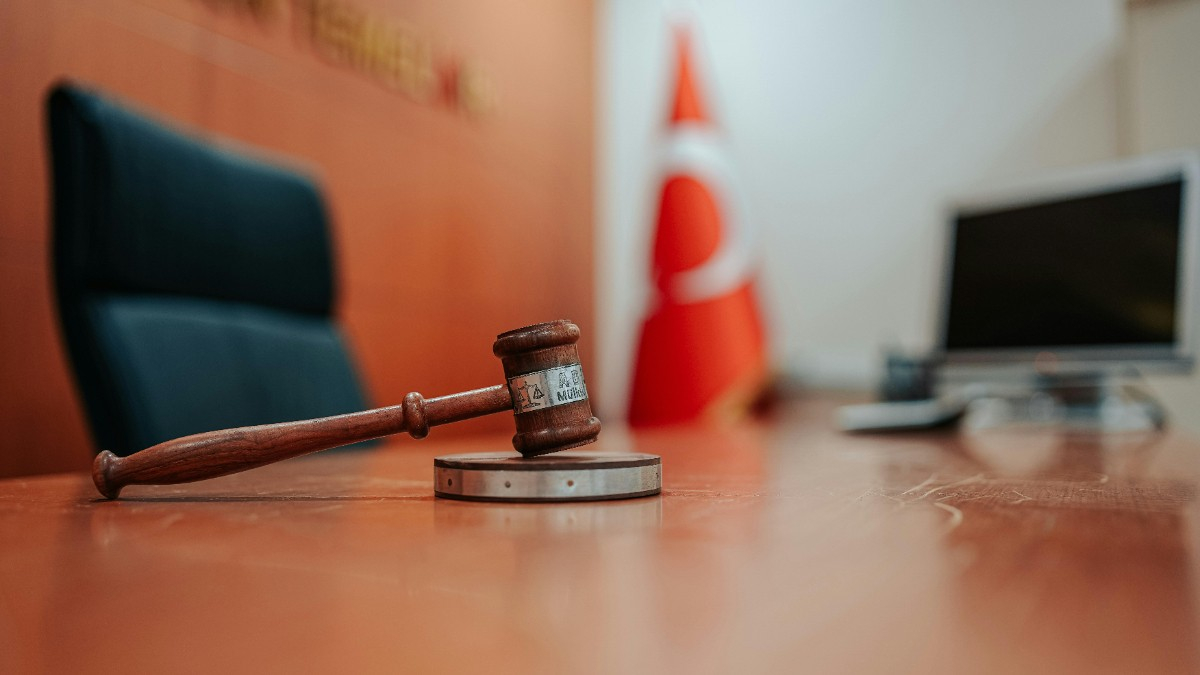What is the International Criminal Court?
The ICC, under the Statute of Rome, was established in 2002 as the world’s first permanent international court to try individuals for serious crimes of international concern: genocide, war crimes, crimes against humanity, and the crime of aggression. Located in The Hague in the Netherlands, the ICC strives to attain global accountability and justice, acting as a court of last resort that complements the national judiciary.
Structure and functioning
The ICC has the following four major organs:
- The presidency: The President, elected from amongst the judges, will head the presidency.
- Judicial divisions: The 18 judges will hear the cases and deliver the verdicts.
- Office of the prosecutor: It investigates the crime and instigates proceedings.
- Registry: The registry is responsible for the administrative functions and services of support to the Court.
The court works on the idea of complementarity wherein it can only intervene if the national courts are unwilling or unable to prosecute offenders. It has issued several arrest warrants and conducted trials over different situations around the world, though it has had its effectiveness watered down by aspects such as limited enforcement power and accusations of bias.
Accusations against Benjamin Netanyahu
Recently, the ICC issued arrest warrants for Israeli Prime Minister Benjamin Netanyahu, former Defense Minister Yoav Gallant, and Hamas military leader Muhammad Deif on the grounds of war crimes and crimes against humanity in relation to the conflict that continues to afflict Gaza. These come as a result of events that occurred during the military campaigns Israel conducted after a major flare-up of violence which first broke out on October 7, 2023.
Specific allegations
Specific accusations by the ICC against Netanyahu and Gallant include:
- Using starvation as a method of warfare: This charge could refer to blockades or restrictions contributing to severe humanitarian crises.
- Crimes against humanity: Such charges may include murder, persecution, and other inhumane acts committed against civilians in military operations.
The court decided that there existed “reasonable grounds” to believe that these individuals are responsible for their actions under criminal law during the period of high civilian casualties and widespread devastation in Gaza. The situation has grasped the attention of the entire world as different human rights organizations call for accountability.
ICC’s ability to act
While the ICC has issued arrest warrants for Netanyahu and others, its ability to enforce these warrants is severely limited. The court lacks its own police force and relies on member states to execute arrests. Here are key points regarding its enforcement capabilities:
Dependence on state cooperation
The ICC can only prosecute individuals from countries that are either parties to the Rome Statute or those referred by the United Nations Security Council. Neither Israel nor the United States is a member of the ICC, making any enforcement action against the Israeli leadership now more complicated.
Its member states are legally bound to arrest anyone covered by ICC warrants who set foot on their territory, but many Middle Eastern countries either do not acknowledge the court’s jurisdiction or never signed the Rome Statute, which founded the ICC, offering Netanyahu and Gallant potential safe havens.
The challenges of enforcement
Criticism has been lobbied at the ICC for, itself, hanging on international cooperation. Most states wouldn’t want to act against Netanyahu for reasons of political or regional comfortability. Precedents on ICC cases have proven that high-profile individuals have never been arrested amidst a warrant. For example, the case of former Libyan leader Muammar Gaddafi involved an arrest warrant but was never caught.
The ICC represents an important step towards accountability for international crimes but faces significant challenges in the enforcement of mandates. The recent arrest warrants against Benjamin Netanyahu and others mirror ongoing tensions in global politics with regard to justice and accountability. While such a move sends a strong message on impunity, the practical ramifications of such a move remain unclear in light of the labyrinth of international law and state sovereignty. As such, whether Netanyahu will face trial at The Hague remains contingent upon political will among member states and broader geopolitical considerations.

